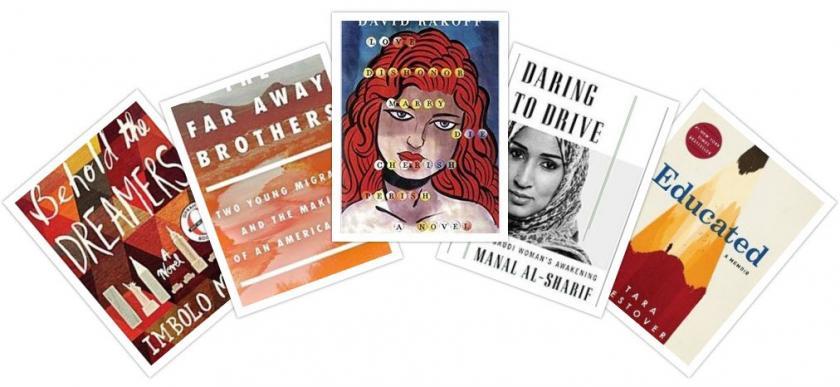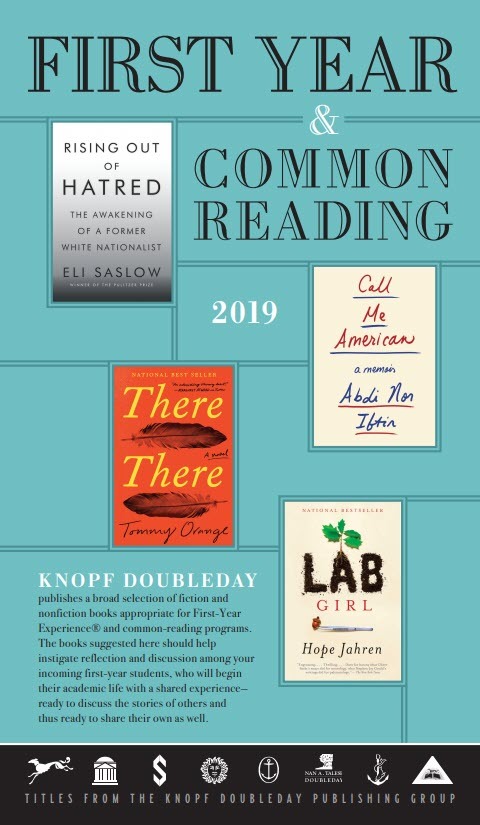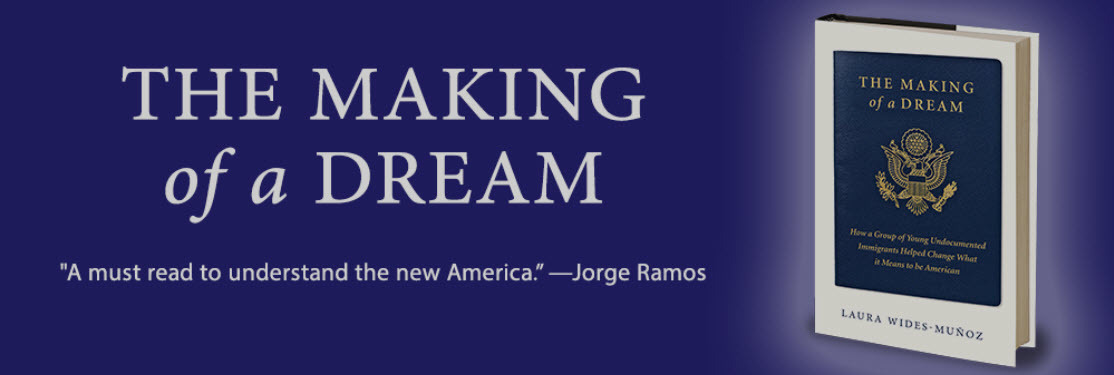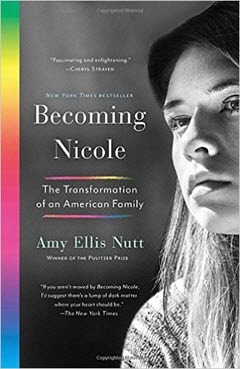Just Like Us: Thoughts from Scott Andrews
[A longer post than most but certainly interesting and comprehensive.]
Cheryl,
I’ve just finished reading the book [Just Like Us: The True Story of Four Mexican Girls Coming of Age in America by Helen Thorpe], and I thought I would share some thoughts with you about its possibilities for the Freshman Common Reading program.
Many students would be able to identify with the four young women that the book follows because the book follows them from their senior year in a Denver high school to their graduation from college. Along the way the women face issues of love, family tensions, deciding majors, fighting with roommates, friendships that come and go, evolving personalities and desires, dreams that hinge upon citizenship, etc.
One aspect the book illustrates is how college changes a student. The young women enter college with similar dreams – assimilation into America through educational success – but those dreams evolve. One of the young women becomes very politically active. She starts to see nearly all aspects of her life through the prisms of immigration, national identities, and class. She goes to demonstrations and she even speaks at one of the large pro-immigration rallies in Denver. But her friends vary in their political activism.
Helen Thorpe follows the young women to their classes, and at two points shares some of the issues they discuss in class. In fact, the young women read Nickel and Dimed for one class, and in that portion Thorpe shares their discussions of class, race, and gender in American society. In a later chapter, the students discuss varying views on citizenship in a political science class, with Thorpe summarizing three arguments (read by students) about how a nation can define its members. She mentions the authors and their works, so the book could be integrated with those readings in a political science class (for instance).
One issue that should be considered with such a book is voice. Is Thorpe, the wife of the mayor of Denver and therefore privileged, pretending to speak for the young women or about the young women? I think she is generally careful to speak about them, to observe them and to let them speak about their feelings or their situation. She frequently situates herself in terms of race, class, or gender. In many passages she notes the different worlds they live in, while she also seeks some common ground with the four young women.
In an attempt to better understand her subjects, she travels to Durango, Mexico. There she spends time with the mother of one of the young women. This woman has returned to Mexico, but she is now “trapped” there. She does not want to attempt another crossing into the United States because she has a baby son, but her other children are in Denver. Thorpe spends time with her and visits her relatives, exploring life in and around Durango, discussing its charms and its limitations. (Meanwhile, the separation hastens the dissolution of the marriage, and so the children in Denver must find relatives to live with – and those family pressures puts the college student’s success at risk.)
She also writes the pressures on the families of the other young women, pressures created by poverty, lack of citizenship, the conflict of American and Mexican cultures, etc.
A key point to the book is the difference in legal status among the four best friends: one is a U.S. citizen, one has a green card, and two are undocumented. This means two are eligible for scholarships and financial aid for college, but two are not – despite the fact that one who is undocumented has the best grades of the four. This creates other dilemmas in college, since a student requires documents to be eligible for Work Study. It also creates other interesting situations. For instance, ironically, the student born in the United States and who has the fewest ties back to Mexico is the one who is free to travel there; the undocumented students have memories of their lives in Mexico, but they cannot return since they cannot cross the border legally.
On occasion, Thorpe does seem to speak for the young women, but in a way that we commonly find in journalism that is written narratively. For instance, Thorpe may say that “Marisela was sad,” but we do not know that Marisela described herself this way or if this is Thorpe’s assumption. For the most part, such moments are not disruptive, and when they are, they provide opportunities for class discussion.
Thorpe also attempts to understand the point of view of those Americans trying to limit resources available to undocumented immigrants. Tom Tancredo is from Denver, and he ran for president in 2008 largely on the issue of immigration. Thorpe spends time with him, trying to understand his point of view. She makes it clear she disagrees with him, but she emphasizes the importance of trying to understand those with whom you disagree. She tries to complicate her understanding of his views.
The book’s topic is politically charged and relevant, of course, with recent events in Arizona. In fact, the book illustrates how Colorado was “ahead of the game,” in terms of legislation like Arizona’s.
Thorpe becomes involved in the story herself when a police officer is murdered by an illegal immigrant. The young man works at a restaurant owned by her husband, and this makes her husband (the mayor) the target of attacks by politicians such as Tancredo. But as the mayor’s wife, she also knows many police officers. While she is spending time among undocumented immigrants, she also is spending time with police officers and the widow. She attends the trial and reports on how the case makes life difficult for all undocumented immigrants. She also writes about how the case gets simplified in the media into Americans vs. Mexicans. But she knows that the murdered officer’s mother was from Mexico, that he spoke Spanish, and that he was very much liked by the Mexican community (legal and illegal) – it was the young man who killed him that was the outsider, she writes. In this regard, she does a good job of trying to see the complicated truths behind events that can simplified in the media or by those with political agendas.
I cannot say that I recommend the book, since I have not read the other nominees. But hopefully my remarks will help the committee decide whether the book is worth reading in order to make a decision.
The website for the book/author: http://helenthorpe.wordpress.com/.
Scott









